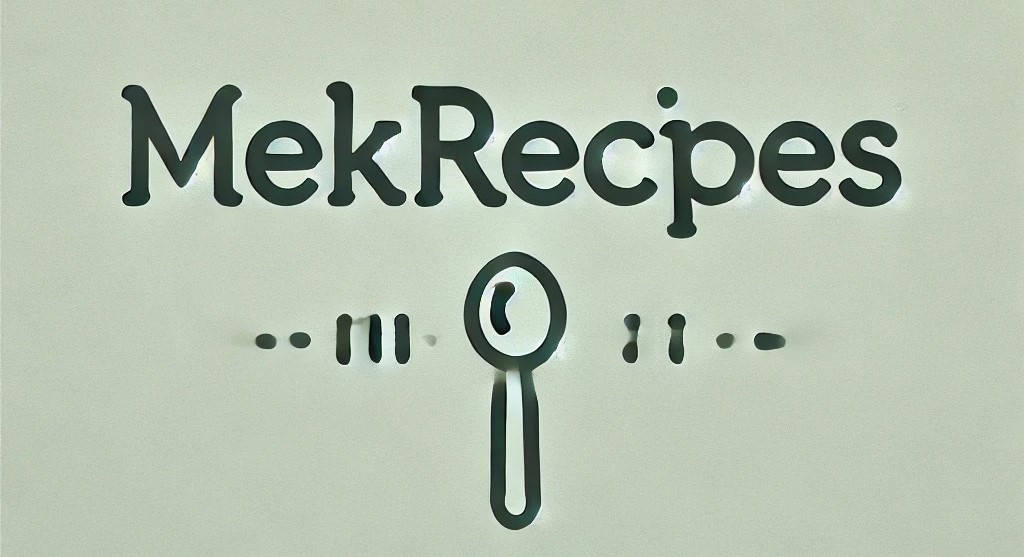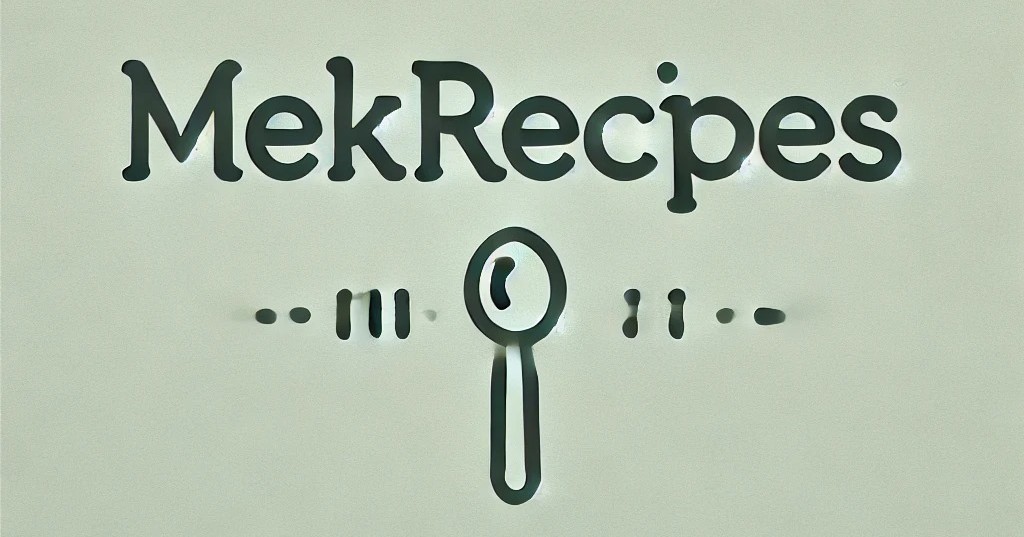:max_bytes(150000):strip_icc():format(jpeg)/Not_9_to_5_Billboard_Courtesy_4000x1700-exclusive-primary-bcfa960e7e7d4507b43eb3874cd6ab67.jpg)
Not 9 to five is a non-profit centered on psychological well being and substance use sources for the hospitality trade. Since launching in 2018 as an area Toronto-based initiative, this system has expanded right into a worldwide coaching and assist program that goals to destigmatize dialogue round psychological well being and wellbeing in an trade that has lengthy resisted significant change.
Rick Hernandez
“At first, I felt it was actually essential to deal with the elephant within the room,” says Hassel Aviles, Not 9 to five’s founder and government director. “I’d labored in so many eating places, bars, and resorts that by no means addressed office psychological well being immediately. There was little to no dialog or assist or sources. Whenever you examine that to different industries, it was manifestly apparent that our trade had uncared for this matter for hundreds of years, and it was time to maneuver ahead in a unique route.”
Not 9 to five offers devoted communication channels to hospitality employees in search of a protected house to speak and search for assist, in addition to sources for these in search of assist in addressing racial trauma, substance use dysfunction (SUD), 2SLGBTQ+ assist, psychological well being, mindfulness, and train and motion help. On-line occasions and video workshops can be found on-demand, and route is supplied to exterior counseling for individuals who want extra specialised help.
Aviles is fond of claiming that Not 9 to five was based in intuition however is now cemented in knowledge.
“In 2019 we launched our first survey and we obtained a whole bunch of hospitality professionals that responded, and it grew to become clear that these points have an effect on most of us, not a few of us. Ninety p.c—that’s nine-zero—stated sure to residing with psychological well being and substance use challenges,” she says.
The shortage of current analysis and knowledge on psychological well being points throughout the hospitality trade drove Not 9 to five’s strategy. Since its founding, the group has secured funding from the Canadian authorities, in addition to the Purple Cross, to conduct surveys and scale its analysis and coaching efforts. What started as a small, group initiative formally integrated as a non-profit in 2020.
“Once we launched, it was undoubtedly a time the place I used to be principally centered on consciousness of psychological well being and office psychological well being conversations, and destigmatization of the subject,” she says. “I felt actually passionate that there’s nothing to be ashamed of. I wouldn’t really feel embarrassed to inform you that I broke my elbow, or had diabetes. So why would I be embarrassed to inform you I stay with despair, or have substance abuse challenges?
“I actually felt that there was no disgrace in these conversations for myself, however I additionally felt that the trade was stuffed with disgrace, and nonetheless is, frankly,” she provides.
Courtesy Not 9 to five
The hospitality trade’s largely regressive tradition in terms of office wellbeing is the results of numerous elements, each financial and societal. Aviles factors to what’s referred to as the brigade system as an ideal instance of poisonous construction, referring to an organizational system widespread in most bars and kitchens which implements hierarchical establishments created by the French army.
Whereas it was ostensibly created to maximise order and effectivity, Aviles describes the way it additionally creates a dangerous and dehumanizing work tradition.
“This army type affect creates workplaces that result in exploitation within the identify of ‘effectivity’—although it’s not really that environment friendly—however leaves little to no room for enough nourishment, relaxation, pay security, or assist,” says Aviles. “There was a tutorial analysis paper known as Bloody Struggling and Sturdiness, about how cooks forge embodied identities in elite kitchens, and it in a short time outlined that…struggling and the flexibility to endure struggling is a comparatively common expertise as a chef,” says Aviles.
“I believe that this concept that struggling is instrumental to constructing a kitchen of excellence is so dangerous, and goes in opposition to every part to do with psychological and bodily security,” she says.
To that finish, Not 9 to five has launched its CNECTed certification and coaching course. Geared towards hospitality professionals, it goals to supply them with the sources and instruments they should successfully reply to disaster conditions which will come up on the job, or to deal with psychological well being challenges in their very own lives. Although different psychological well being help programs have lengthy been obtainable, the group at Not 9 to five discovered a lot of the data had too excessive a barrier to entry for the typical hospitality employee, each in value and design.
“CNECTed may be very completely different within the sense that we wrote it and designed it by way of the lens of lived expertise,” says Aviles. “We discovered a therapist that has [hospitality] trade expertise, we discovered attorneys which have trade expertise, we discovered DEI [diversity, equity, and inclusion] consultants which have trade expertise.”
Courtesy Not 9 to five
Though these advisors contributed to the general content material of this system, Not 9 to five labored to verify its course was structured utilizing on a regular basis language to increase accessibility. Aviles additionally ensured it approached matters by way of an intersectional lens to deal with how office points particularly have an effect on marginalized communities.
“We actually needed to jot down it in on a regular basis, ‘actual discuss’ language,” says Aviles. “So long as you’re like, you recognize, 16 years previous, you’ll be capable of learn and perceive all of it.”
This system additionally makes use of movies and audio tales led by trade employees and leaders to assist talk info in relatable phrases and humanize the certifications in methods Aviles felt was missing from current psychological well being programs.
Moreover, Not 9 to five stresses the necessity for buy-in from homeowners and managers to assist spearhead psychological well being and wellbeing efforts as a substitute of placing the onus on employees to hunt assist.
“Step one is ensuring that homeowners are prepared to do what’s wanted to assist managers in order that managers can tackle worker psychological well being adequately,” says Aviles. “Not simply monetary price range, but additionally, like, how a lot time is being invested? A office psychological well being technique must be taken simply as severely as a advertising and marketing technique, or a PR technique or menu improvement for the yr.”
She’s additionally fast to level out that Not 9 to five offers sources to help these discussions, alongside worker enter. “I believe that oftentimes, your managers and homeowners really feel like they must do every part themselves and it’s simply not true,” says Aviles.
However as broad reaching as these efforts are, the beginning of any journey towards higher wellbeing within the hospitality trade begins with people. Not 9 to five goals to be a useful resource obtainable to anybody in want, at any time, no matter the place they’re on their journey to higher psychological well being.
“I believe it’s harmful to not search and settle for assist,” says Aviles. “I believe it’s simply child steps. My recommendation would simply be child steps. The tiniest, smallest child steps, and attempting to be as uncomfortable as potential, as a result of it’s not going to be comfy. And simply taking child steps each single day in direction of an even bigger option to search and settle for assist.”


:max_bytes(150000):strip_icc()/Not_9_to_5_Billboard_4000x2667-inset-da2cc7a4db37440e8801b7bb097919d5.jpg?w=696&resize=696,0&ssl=1)
